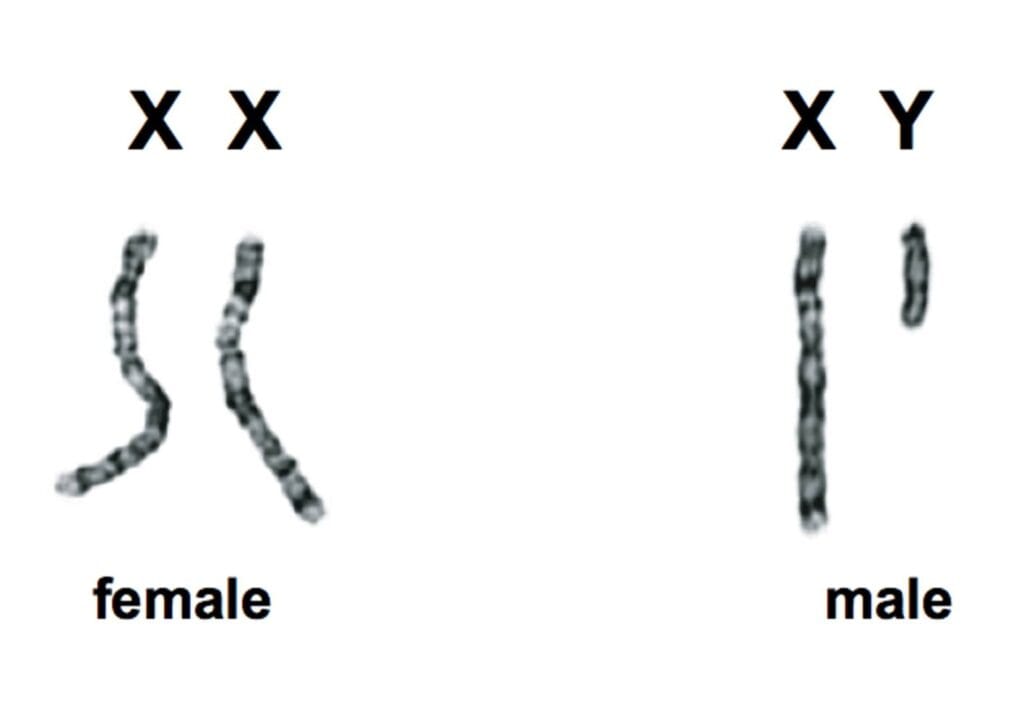On average, women live four to five years longer than men. The question of why women live longer than men has long occupied researchers. By now, one thing is clear: there is no single cause that can explain the gender difference in life expectancy. Rather, a complex interplay of various influences is responsible for it. Besides biological factors, other causes may also play a role.
Why women live longer than men: biological reasons
Anyone looking for reasons why women live longer than men must first look at genetic influences. Females have two X-sex chromosomes. Perhaps this could confer an advantage; if one of the two chromosomes is damaged, the other chromosome can compensate for the missing function of the first and thus contribute to survival.

Animal studies show that living beings with two identical sex chromosomes live longer. In mammals, females have double sex chromosomes, in birds, males, and they live longer on average than their counterparts of the opposite sex, live for a long time.
Hormonal composition may also play a role:
women have a higher proportion of the female sex hormone estrogen. This, in turn, may explain the lower risk of developing what is known as coronary heart disease (CHD), at least until menopause. In the worst case, coronary heart disease can lead to a heart attack. In addition, women’s immune systems tend to be better at preventing potentially life-threatening infections than men’s. The reasons for these differences are not yet clear.
Why women live longer than men: other possible factors
In addition to biological background, scientists are researching other factors that may explain the difference in life expectancy between men and women. In fact, environmental influences play a role not only for animals but also for humans. This is supported by the fact that gender differences in life expectancy can play a larger or smaller role depending on the country or region as well as historical periods.
External factors affecting life expectancy in various ways include, for example, income and social status, as well as unhealthy lifestyles with high consumption of alcohol and tobacco, poor nutrition, a lack of exercise, or risky behaviour. In other words, women, on average, pay more attention to a healthy lifestyle. However, what eventually has the most impact on life expectancy has yet to be determined.
In most highly developed countries, average life expectancy has been steadily growing in recent years—for both men and women. This is attributable, among other things, to lower infant mortality and improved health care, such as through easily accessible screening for early detection of diseases or breakthroughs in treatment. Furthermore, aspects like sanitation, education, and how people work and live are critical.

About the Author
Ankita is a German scholar and loves to write. Users can follow Ankita on Instagram ![]()
WHY YOUR DOG BEHAVING ODD, HERE FACTS ABOUT DOG SMELLS
Pets are different from us. A dog’s smell might be unpleasant and make you uncomfortable….
Can the Grok AI Create Studio Ghibli-Style Art?
Yes, in Gark 3 (beta), not only can any image be turned into Ghibli art,…
Cuba in 1954, Really looks like a free country
The Caribbean islands, especially Cuba, were a favourite tourist destination for affluent Americans until Fidel…
Crowded Traveler Bus or Train: Public Transport Adventures in Delhi-NCR
When you want to see the “Human Sea” phenomenon, you are invited to India! It…
Remind the Lata Mangeshkar : Biography, Facts and Stories
Lata Mangeshkar is a legendary Indian singer and music composer who has recorded thousands of…
Chai-mazing! Unveiling the Secrets Behind Why Indians Love Tea So Much!
It’s no joke how much tea Indians love! History, culture, and society have all combined…






